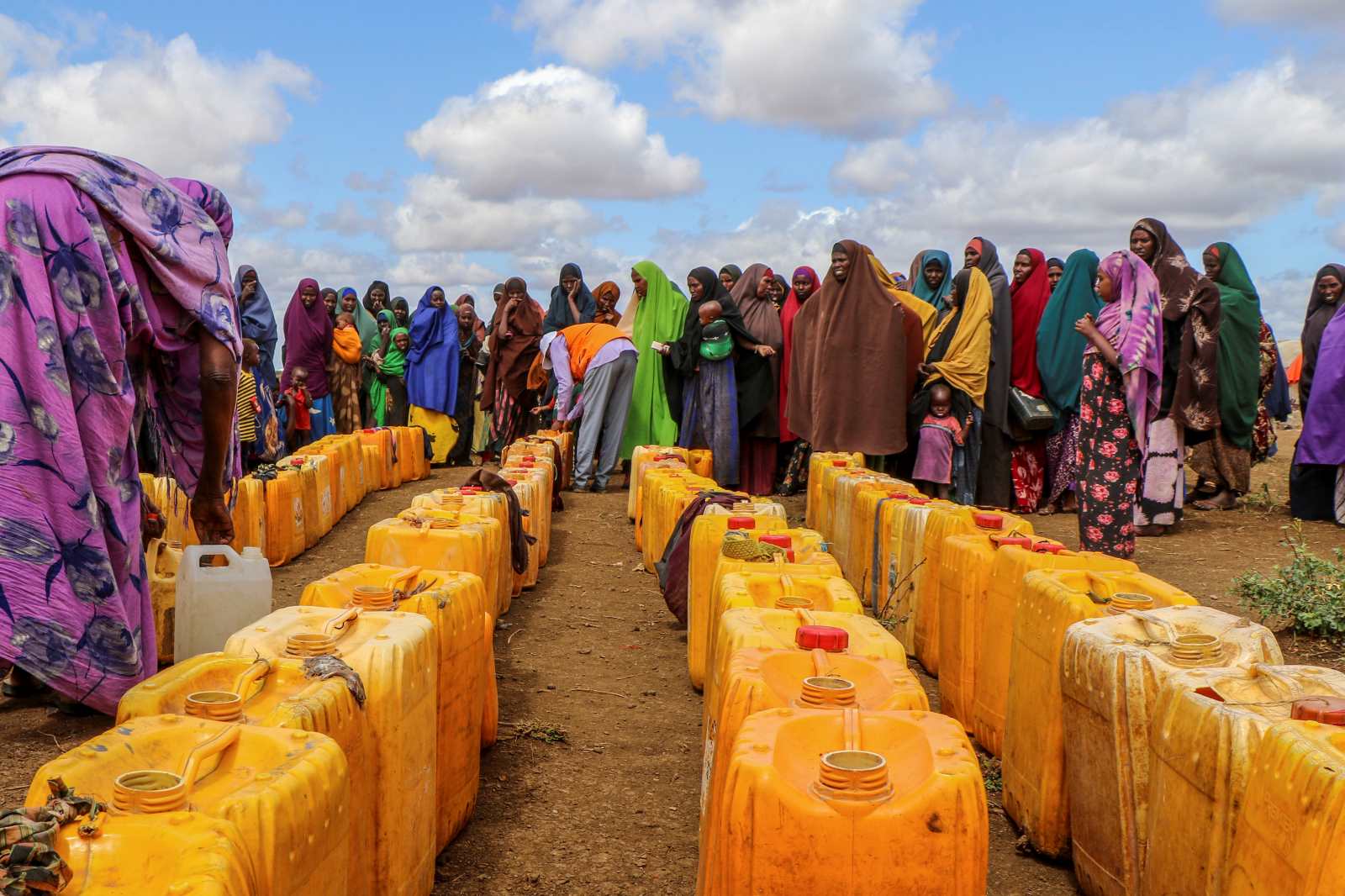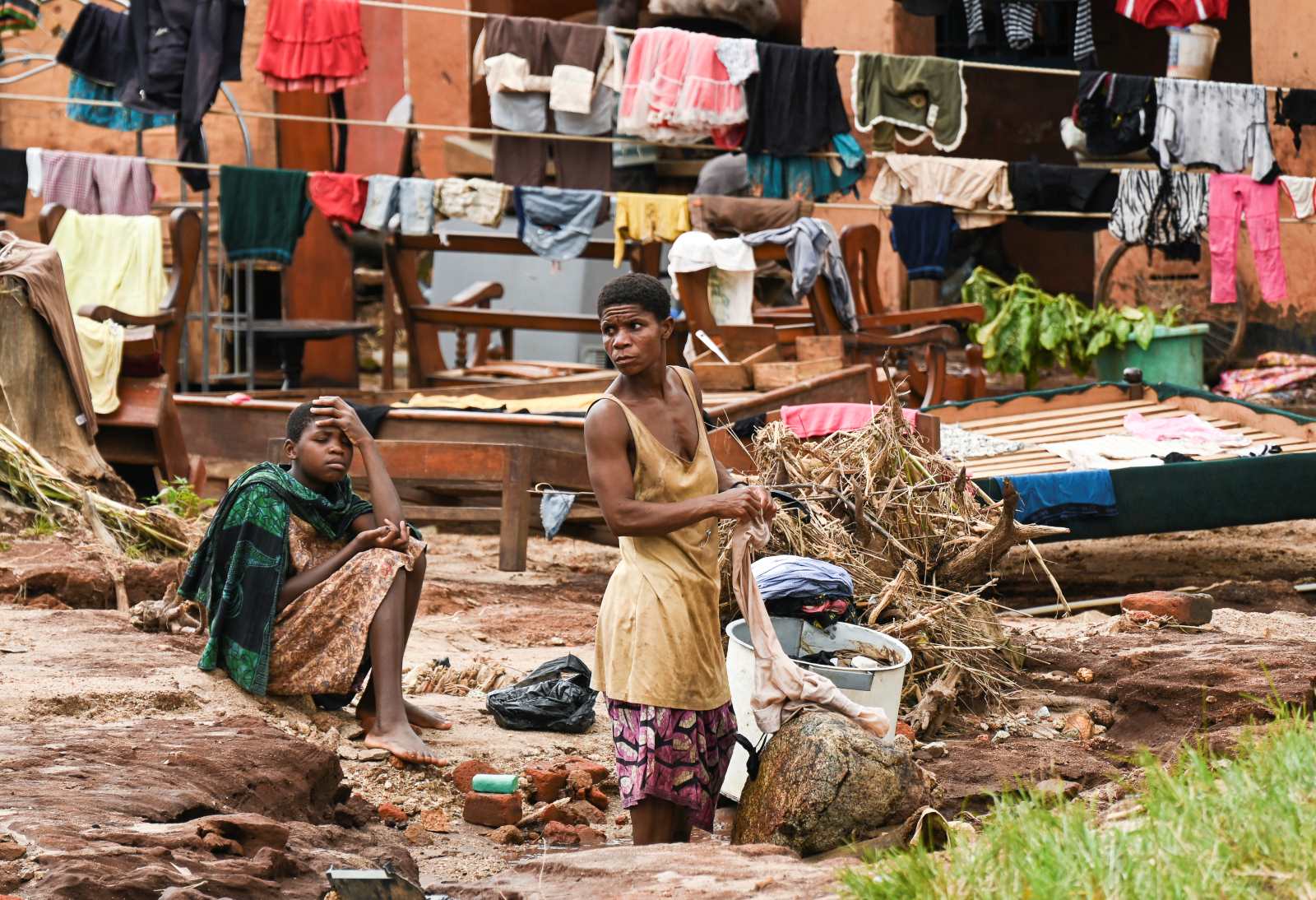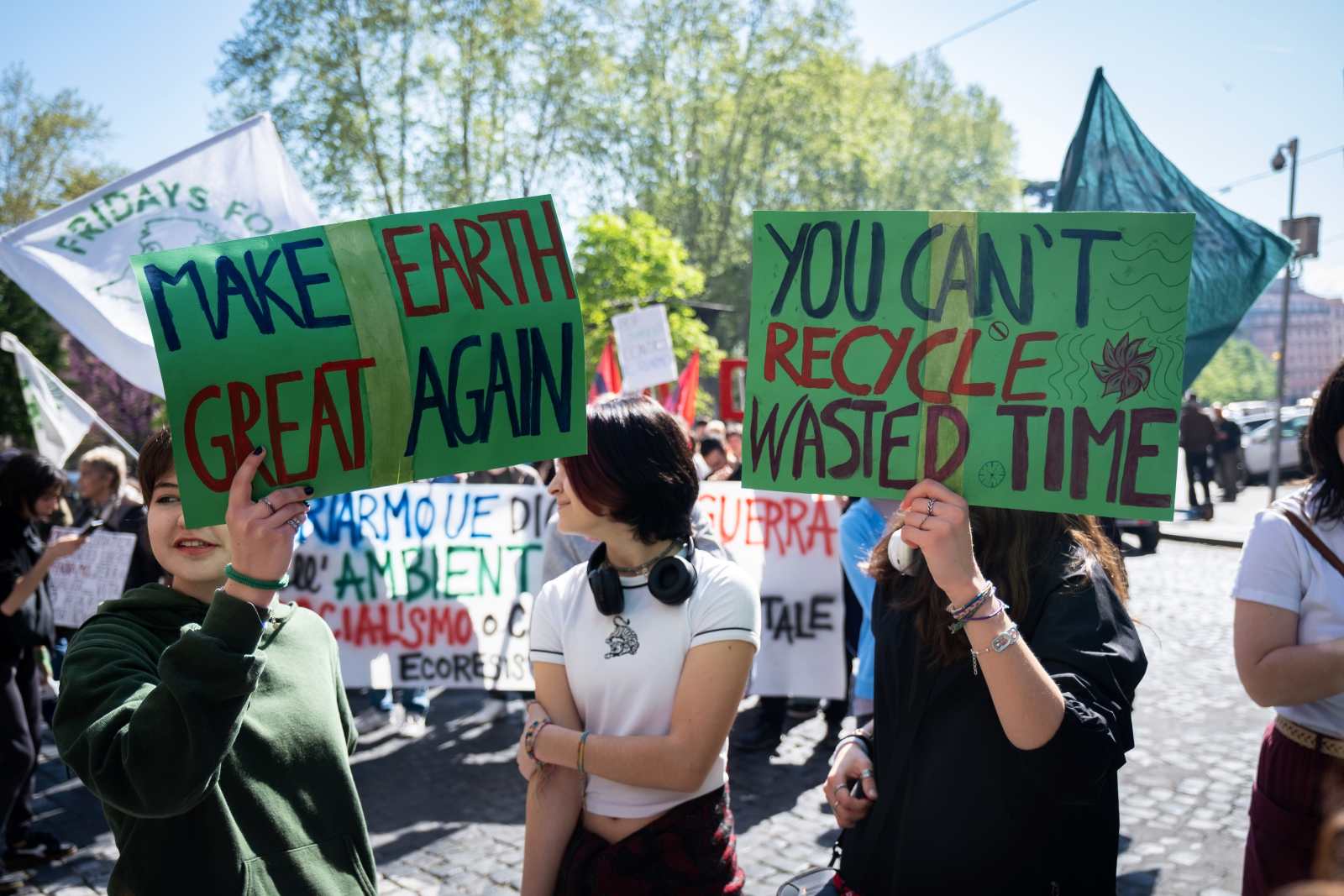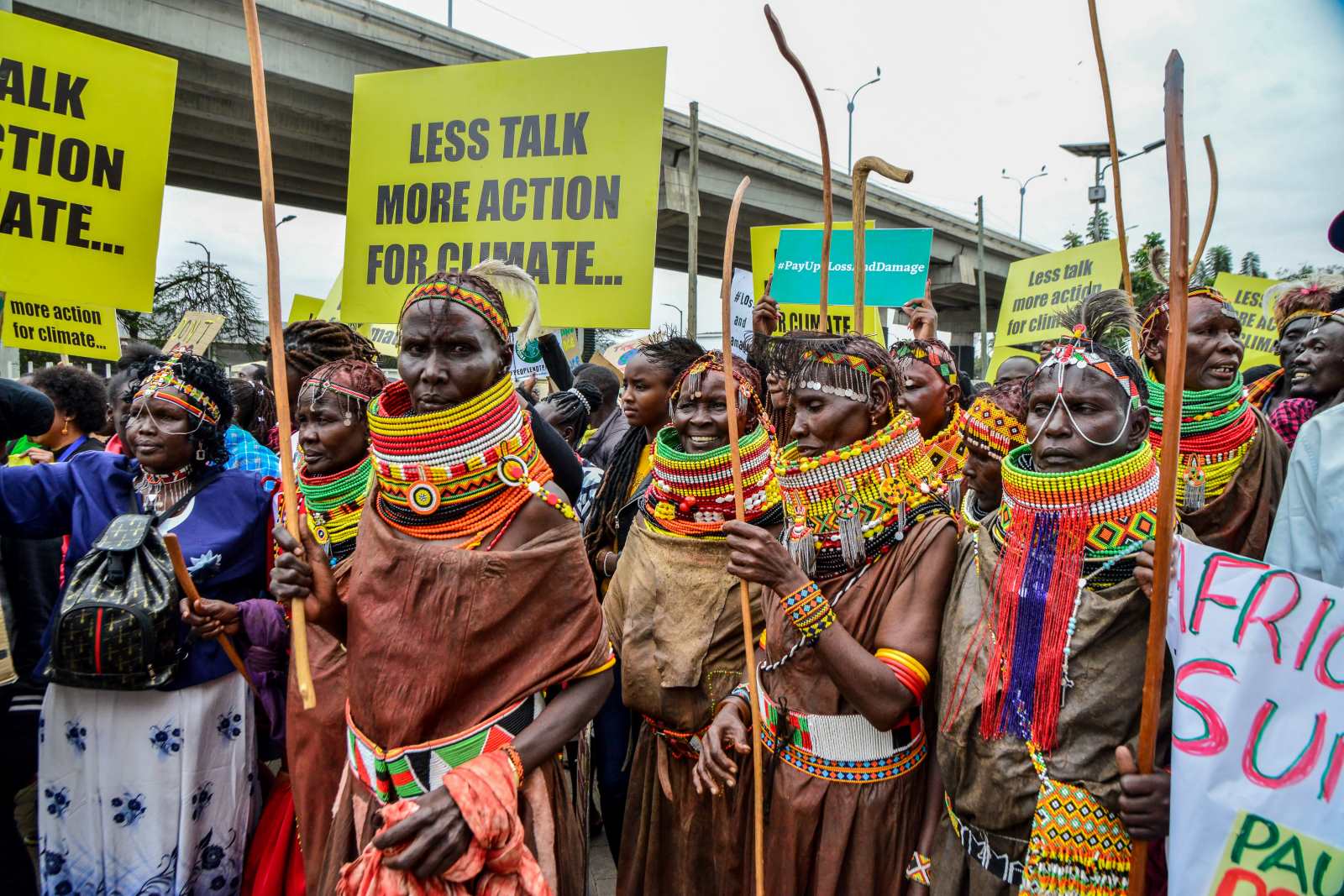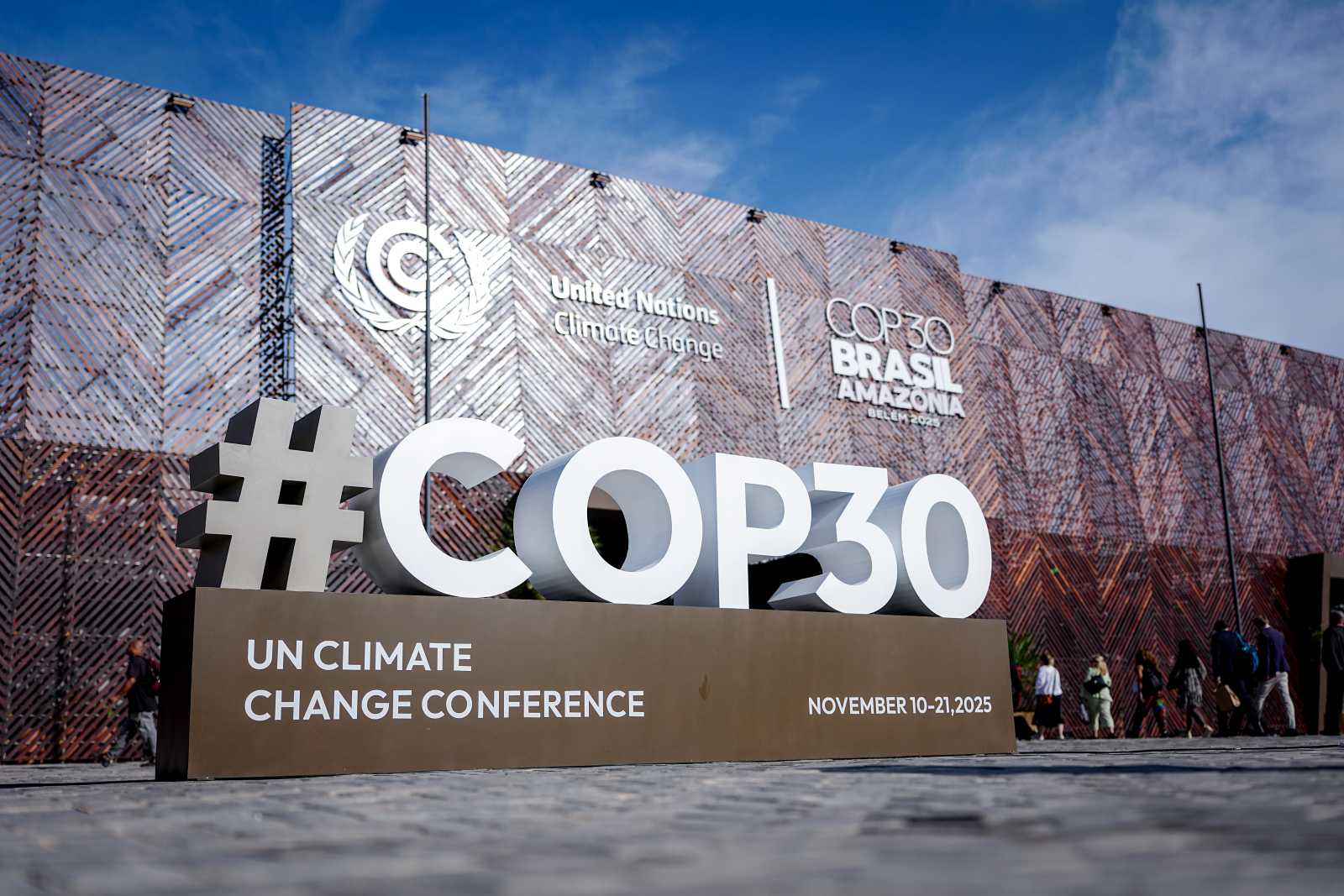Reigniting climate action
The one thing that affects us all
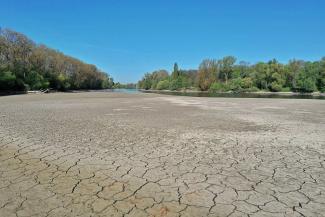
Living through a global pandemic and cost-of-living crisis while being forced to witness senseless wars, the erosion of democracy and the escalating climate crisis is not what I had imagined for my youth. Watching the world fall apart like this just goes to show that humanity can be its own worst enemy. Greed, irresponsibility and the relentless pursuit of wealth by a small minority of the world’s population have brought us to this point.
Among our multiple crises, the climate crisis often appears to be a slow-moving emergency – especially in countries where extreme weather events typically occur during specific seasons. That is usually when the world pays attention: flash floods in Bangladesh and Kenya, forest fires in Australia and Canada. While these disasters – and the attention they receive – may last only a short time, the reality for those hardest hit is very different. They are left to deal with long-term consequences that upend their lives. This is not something one easily recovers from – especially without support and solidarity at the global level.
As attention fades, so too does political will
As soon as we pay less attention to the climate crisis, political will likewise wanes. Given the current political situation, it is hardly breaking news to claim that we could potentially find ourselves undoing the progress we have made since COP1, the first UN Climate Change Conference in 1995. When the new US administration took office, it was clear that the government would once again withdraw from the Paris Agreement. Unfortunately, it is not only the US that is slashing its budget – other industrialised nations are, too. This has serious implications for meaningful programmes in many countries in the Global South, which now have to work out how best to adapt to climate change and mitigate its further effects largely without foreign aid.
One argument put forward by countries that are scaling back their climate commitments is that it is time to focus inwards and take care of their own citizens. This argument is problematic because it ignores the historical responsibility of countries that became rich through the use of fossil fuels, while the most vulnerable populations, especially in the Global South, are now suffering from the climate impacts of this industrialisation. Making climate funding available to vulnerable communities is therefore not a favour rich countries are granting, but an obligation they must fulfil. That aside, Western countries will soon realise – if they have not already done so – that climate disasters will not spare their own populations, so looking after them also requires them to take climate action.
It is also sad that these budget cuts have come at such a crucial moment in the climate movement, just when important discussions were starting to become more mainstream. After years of wrangling, the Loss and Damage Fund finally got off the ground, yet the contribution that ultimately flowed was a drop in the ocean compared to the GDP of those countries most responsible and to the profits reaped by oil giants.
Reopening people’s eyes to climate change
So, what is sparking renewed awareness of climate change? Let me give two examples from my continent:
Communities in the Horn of Africa have experienced three failed rainy seasons in a row. Families have been devastated by the loss of their livestock, their main livelihood. Children are suffering from malnutrition and cannot go to school, forcing girls into early marriage as their parents can no longer meet the family’s basic needs and have to reduce the number of mouths they have to feed.
In southern Africa, communities in Mozambique are constantly on high alert, fearful of when the next cyclone will strike. They are exhausted by the prospect of having to start all over again after every cyclone, without adequate shelter, without enough food, without proper systems to support their recovery – and without the infrastructure to prepare for the next time.
These communities, whose reality is shaped by extreme weather, are very well aware of climate change, but often lack platforms to express themselves, tell their stories and participate in decision-making processes.
At the same time, it seems that many people in richer parts of the world only pay undivided and long-term attention to climate change when they are directly affected by disasters – or when their everyday lives are impacted by rising food prices or disruptive action taken by young people. These stories then easily find a platform and are repeated worldwide – at least until they are replaced by the next political news story.
What everyone around the world needs to understand is that their lives and those of people in Mozambique or the Horn of Africa are inextricably linked. The effects of the climate crisis will affect us all, either directly in the form of extreme weather events and natural disasters, or indirectly as a result of entire regions of the world becoming uninhabitable and their residents seeking refuge elsewhere.
But why should we simply sit back and wait for this to happen? Now more than ever, we must hold institutions, governments and large companies accountable. This year, the 195 signatory states of the United Nations Framework Convention on Climate Change (UNFCCC) will submit their new Nationally Determined Contributions, which will need to be ambitious. Over the years, we have seen local communities take action to address their situation. The contributions must therefore be incorporated into solutions that best reflect the reality they face on the ground.
A unifying element
It is of utmost importance that we continue to prioritise climate action as a cross-cutting issue. Ultimately, we all depend on a viable planet – one where everyone has access to clean water and food, where vulnerable communities can be safe and children healthy, where businesses can thrive, and livelihoods are secured for present and future generations.
To reopen people’s eyes to climate change, we must redefine climate – not least in the media – as a unifying element that permeates all other aspects of our lives and therefore take it into account in all our actions. We are fortunate to live in a time when the digital realm is constantly advancing, allowing us to easily build communities through online platforms that transcend geographical boundaries and create solidarity around what unites us: the impacts of climate change, however differently they may manifest in our different contexts.
This solidarity will help us maintain the necessary political and civil pressure to bring about change. The Earth is our shared responsibility, and we must act in our different roles and contexts to protect what sustains us all.
Abigael Kima is a Kenyan climate justice activist and host and producer of the Hali Hewa Podcast. She also works at HIVOS as a Project Officer for the Voices for Just Climate Action Programme.
abigaelkima@gmail.com
This story is part of The 89 Percent Project, an initiative of the global journalism collaboration Covering Climate Now.

